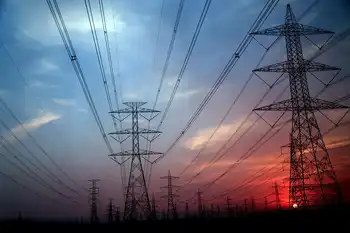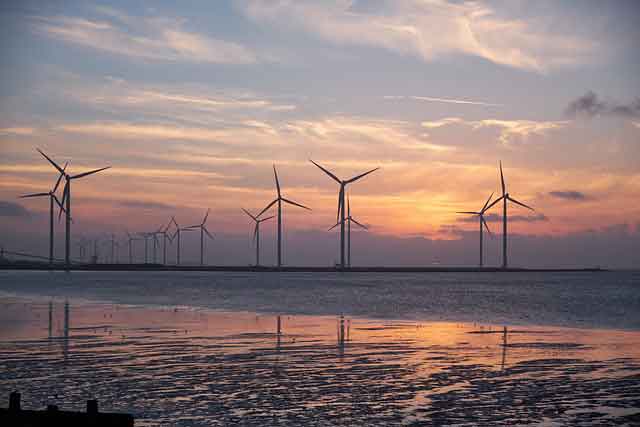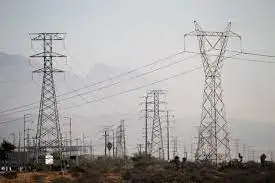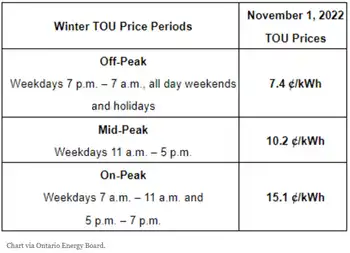New York phasing in energy conservation incentive
By Associated Press
Electrical Testing & Commissioning of Power Systems
Our customized live online or in‑person group training can be delivered to your staff at your location.

- Live Online
- 12 hours Instructor-led
- Group Training Available
It's called revenue decoupling, and it replaces the traditional way of charging for energy delivery in which the more customers consume, the more revenue utilities collect.
Regulators in New York and other states with decoupling say the traditional system is outdated in light of the national push to conserve energy. They maintain that utilities had scant incentive to promote energy-efficient appliances and other conservation measures because that would reduce revenues for the companies.
"If your business is selling cars and suddenly you're being asked to sell fewer cars, unless you get compensated differently, that isn't going to work and you're not going to be in business for long," said National Grid vice president for regulatory affairs Janet Gail Besser.
Under decoupling, the state Public Service Commission sets the amount of revenue a utility can collect for delivering gas or electricity over a period of time based on predicted sales. Revenue forecasts are checked against actual sales, usually every six months. If sales are higher than expected over the period — meaning customers are paying more for delivery than expected — customers get a rebate after the end of the period as part of a "true up." If sales lag, they get a surcharge.
Decoupling in New York only affects delivery charges — the money customers pay to utilities to deliver energy through pipes and wires — not the actual commodity charges for electricity and gas.
New York is among 20 states using decoupling for either electric or gas, according to the Natural Resources Defense Council. Though criticized as overly generous to utilities by some consumer advocates, the NRDC and other supporters of decoupling see it as an important part of larger efforts to promote energy conservation.
PSC spokesman James Denn said decoupling is crucial to the state's broader plan to reduce electricity usage 15 percent by 2015.
New York adopted decoupling in 2007, but electric utilities like National Grid have yet to convert to the new system because their old rate agreements have not yet expired. The PSC reports that two electric utilities in New York were far enough along in the process to have had true ups: New York City-based Consolidated Edition and Orange and Rockland Utilities Inc. in the lower Hudson Valley.
Customers of both utilities are currently paying surcharges, which reflect lower-than-forecast revenue.
The typical ConEd residential electric customer is paying another $2.19 a month surcharge through April to make up for past shortfalls; a typical O&R residential customer is paying a surcharge of $2.32 a month, according to the utilities.
O&R spokesman Mike Donovan cited a cooler-than-normal summer, which would affect air conditioner use, the recession and customers conserving more energy.
On the other side of the ledger, National Fuel Gas customers are seeing a refund of just over 8 cents a month on their bills.
Those relatively small charges and rebates are in line with other states, according to an analysis by a utility consultant based in Portland, Ore. Pamela Lesh of Graceful Systems LLC said most adjustments were in the plus or minus 1 percent range.
It's hard to tease out whether customers are paying more or less for energy under decoupling than they would under traditional methods. Regulators in California, a pioneering state that adopted the policy decades ago, credit it with keeping per-capita energy averages largely flat over the last three decades even as they grew nationwide. But many analysts say there are so many factors that go into rates, it's hard to single out one as the driver.
Critics of decoupling focus more on consumer protection.
Rhode Island Attorney General Patrick Lynch last month came out against a rate plan that includes decoupling from Narragansett Electric, which is owned by National Grid, saying it's not clear consumers will benefit as much as the utilities.
Other critics are concerned that customers could conceivably pay more for less electricity. But Brandi Colander, an attorney for the NRDC, said that's the wrong way to look at it. If decoupling is enacted properly in conjunction with conservation measures, customers will use less energy.
"Rates may be going up slightly," she said, "but bills are going down."











